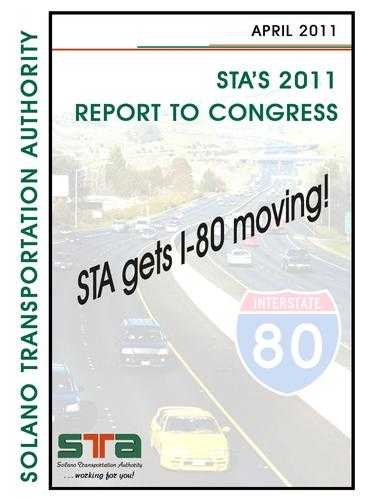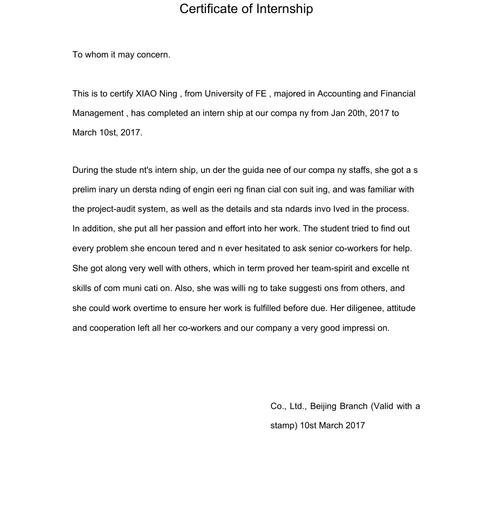This guide provides a comprehensive overview of brand authorization delegation letters in English. It covers the structure, purpose, and key elements of these letters, offering valuable insights for businesses and individuals involved in brand licensing and distribution agreements.
Introduction:

In the world of business, brand licensing and authorization are common practices that allow companies to expand their market reach and capitalize on the value of their brand. A brand authorization delegation letter, also known as a license agreement, is a legally binding document that outlines the terms and conditions of the agreement between the licensor (the brand owner) and the licensee (the entity receiving the authorization). This article aims to provide a comprehensive guide to drafting a brand authorization delegation letter in English, covering the essential elements and considerations for both parties involved.
I. The Importance of a Brand Authorization Delegation Letter
A well-drafted brand authorization delegation letter is crucial for the following reasons:
1、Legal Protection: It provides legal protection to both the licensor and the licensee by defining the rights, responsibilities, and obligations of each party.
2、Clear Terms: It sets clear and concise terms regarding the scope of the authorization, payment terms, duration, and termination conditions.
3、Conflict Resolution: It establishes a framework for resolving disputes that may arise during the course of the agreement.
4、Market Expansion: It allows the licensor to expand their brand presence in new markets without directly investing in those markets.
II. Essential Elements of a Brand Authorization Delegation Letter
1、Parties Involved:
- The licensor’s full legal name and contact information.
- The licensee’s full legal name and contact information.
- The legal entity or individual receiving the authorization (if applicable).
2、Description of the Brand:
- A detailed description of the brand, including its name, logo, and any associated trademarks.
- The scope of the brand’s intellectual property rights being licensed.
3、Scope of Authorization:
- The specific rights being granted to the licensee, such as the right to use the brand in certain markets, for a specific period, and in specific product categories.
- Any limitations or restrictions on the use of the brand.
4、Payment Terms:
- The payment amount, frequency, and payment method for the authorization.
- Any fees or royalties due to the licensor during the term of the agreement.
5、Term and Termination:
- The duration of the authorization, including the start and end dates.
- Conditions under which the agreement may be terminated by either party, including breach of contract or failure to comply with the terms of the agreement.
6、Quality Control and Standards:
- The standards and quality control measures to be maintained by the licensee to ensure the brand’s reputation.
- The licensor’s right to audit the licensee’s compliance with the quality standards.
7、Confidentiality and Non-Disparagement:
- Obligations for both parties to maintain confidentiality regarding the terms of the agreement.
- Provisions to prevent the licensee from making disparaging remarks about the licensor or the brand.
8、Dispute Resolution:
- The mechanism for resolving disputes, such as mediation, arbitration, or litigation.
- The governing law and jurisdiction for any legal disputes arising from the agreement.
9、Assignment and Sub-Licensing:
- Whether the licensee is permitted to assign or sub-license the authorization.
- Any restrictions on the assignment or sub-licensing process.
10、General Provisions:
- The effectiveness of the agreement, including any conditions precedent.
- The entire agreement clause, stating that the brand authorization delegation letter constitutes the entire agreement between the parties.
III. Drafting Considerations
When drafting a brand authorization delegation letter, consider the following:
1、Customization: Tailor the agreement to the specific needs of the licensor and licensee, ensuring that it covers all relevant aspects of the relationship.
2、Clarity: Use clear and unambiguous language to avoid misunderstandings and legal disputes.
3、Consultation: Seek legal advice if necessary, especially when dealing with complex intellectual property rights or international licensing.
4、Review: Both parties should thoroughly review the agreement before signing, ensuring that all terms are acceptable and mutually beneficial.
Conclusion:
A brand authorization delegation letter is a critical document that can significantly impact the success of a licensing agreement. By understanding the essential elements and considerations involved in drafting this letter, both licensors and licensees can ensure that their interests are adequately protected and that the agreement fosters a mutually beneficial relationship. Remember to seek legal advice and review the agreement meticulously to avoid any potential pitfalls.
相关阅读:
1、Mastering English Delegation Letters: Your Ultimate Format Guide
2、Mastering Product Authorization and Delegation Letters: A Comprehensive English Guide
3、Official English Template for Brand Authorization Delegation Letter
4、Sample Brand Authorization Delegation Letter in English
5、Ultimate Template for Crafting English Purchase Authorization Delegation Letters











